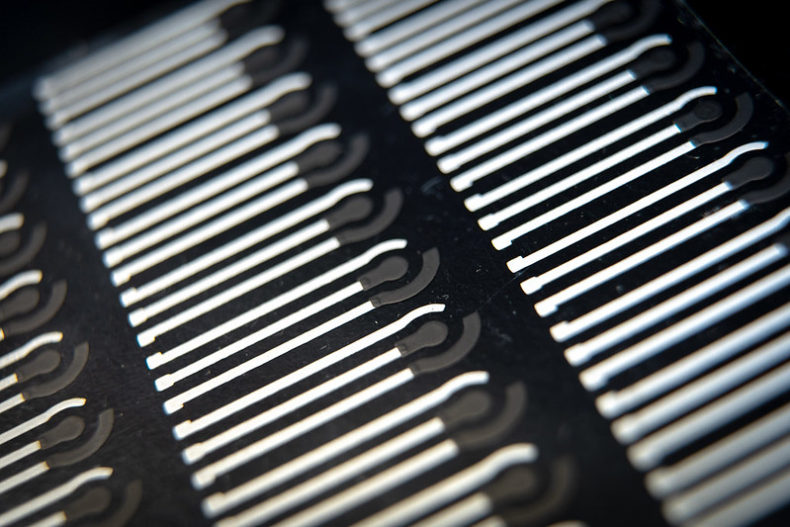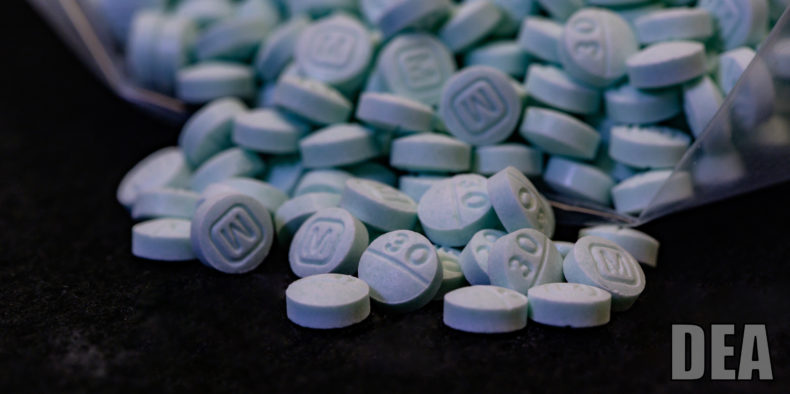
I could tell you the fentanyl statistics – that in one year 100,000 Americans died of drug overdoses, 28% more than the year before, and that 80% of those deaths were linked to fentanyl, a synthetic opioid – but I would rather tell you what I have learned from my teenage son. He is currently in recovery from fentanyl addiction.
Since early childhood, he has struggled with depression and anxiety, and started experimenting with marijuana to self-medicate a few years ago. Since then, he has lived through difficult times full of emergency room visits, stints at residential rehabs, calls from police, near-fatal overdoses and bouts of despair. I have searched for help in different places, with varying success. I have also learned about addiction, courage, and love from my son. I would like to share some of what I have learned in hopes that other parents might find it useful.
My husband and I didn’t discover the extent of our son’s problems in one horrific revelation the way some families do. We learned by degrees that he was using pot, then experimenting with harder drugs and eventually that he was truly addicted. The uncertainty about what was going on was agonizing. Drug addicts typically lie with great fluency and lack of scruples. So although he is often open and honest, during periods of drug dependency our son was not a reliable source of information. We originally thought over-the-counter urine-based drug testing kits would be more objective. They are quite accurate for many drugs and even have anti-cheating features, but we discovered a major flaw. They do not test for fentanyl. A fentanyl user’s urine will come back negative for opioids in general as well as for oxycontin and heroin specifically. My husband and I spent three months arguing with each other because we didn’t know this, and our son almost died.
Once we figured out he was addicted, I started looking for treatment programs. I asked for suggestions from his therapist, talked to hospital staff and pored over glossy websites with pictures of sunsets and beautiful, acne-free teenagers. When I first spoke to the intake personnel, I felt like a drowning person being thrown a lifeline. They were so understanding and reassuring.
Over time and various rehab experiences, I learned that addiction treatment is a business. Most treatment centers are private and for-profit (lots and lots of profit). Furthermore, few insurance plans will cover a reasonable length of stay.
On the positive side, our son generally did benefit from the different experiences, although not always. He met some wonderful staff people, often in recovery themselves, and connected with other kids who have remained friends. He also met some not so wonderful staff and some horrible kids. What he did not do was get ‘cured’.

My son taught me that a residential treatment is an artificial environment where people get sober enough to think straight, but not usually where they make lasting changes. Eventually recovering addicts need to come home and figure out how to live where drugs are available. There are many intensive outpatient programs or groups like Narcotics Anonymous, but the 12-step approach didn’t work for my son. Fortunately, as a quick search on PubMed showed me, 12-step is not the only way to recover. People who are motivated and have a good therapist can find other positive ways out of addiction. Medication has been a big part of my son’s recovery. There is still stigma about medication-assisted treatment (MAT) to treat addiction, but extensive data show significant reduction in relapses and deaths associated with MAT for opioid addiction. I have no doubt that MAT is part of the reason my son is alive today.
There were times when my son’s addiction felt like a hostage situation, except that the hostage and the kidnapper were the same person. I needed psychological help for myself too. Many youth recovery programs have parent support groups, and there are non-profit groups like Al-Anon. I remember the first parents’ meeting my husband and I attended. When the speaker introduced himself and everyone said “Hi Bruce” in unison, I burst out laughing. I kept going to meetings for a while, although my husband hated them. I valued connecting to other moms in the same situation. It is such a relief to talk to other people who aren’t horrified by what you tell them and who don’t give unsolicited advice. Now I am lucky to have a therapist and friends and family who are strong emotional supports. I learned the hard way – by coming close to suicide — to avoid anyone who makes me feel bad, especially those who focus on blame or think they know all the answers.
One distinguishing variable between the various parent support programs I tried was where they stood on the tough love to unconditional love continuum. Actually, the term tough love seems to be out of vogue. Now the buzzwords are co-dependency and enabling. I have heard so many speakers explain co-dependency in broad and conflicting ways that I’m still not sure what it is, except that it is bad and I am guilty of it. Many parent discussions fixate on cell phones, which have become the bargaining chip in the fraught negotiations between parents and their addicted kids. Honestly, most of the speakers I heard in these programs weren’t helpful.
The most valuable advice I received, however, came from an otherwise irritating and smug counselor. He said, “Never turn your back on your child, even when they turn their back on you.” (He demonstrated with a pair of folding chairs, repeatedly.) That may sound obvious, but it’s hard to do when drugs turn your child into a crazy stranger who describes in vivid detail how he wants you to die or when literally every word from your child’s mouth is a lie designed to get drug money from you. The counselor helped my husband and me remember that our son was still inside that stranger and needed our love more than ever. I realized how deeply my son loves us. Some of his angriest outbursts are driven by the terrible shame and guilt he feels.
My son is doing well now, but a depressing truth is that you are never ‘done’ with drug addiction, particularly opioids. The data show clearly that people can recover and live healthy, happy lives, but the risk of relapse will always remain. My family can’t afford to wait until a mythical time when he is completely out of danger. We have to find a way to be happy now.
Finally, I have learned that I’m not alone. While the opioid epidemic is terrible, it has at least reduced the stigma of addiction: as my son says, thank god for a drug addiction that hits middle class white people. When I tell friends and colleagues that I have a family member struggling with addiction, I am both touched and saddened to find that almost everyone has a personal connection to addiction, either through a family member, friend or even themselves. We are all in this together.
_________
Photos: sensors developed at UCSD to detect fentanyl, via Flickr; DEA’s photo of counterfeit oxycodone + fentanyl, via DEA